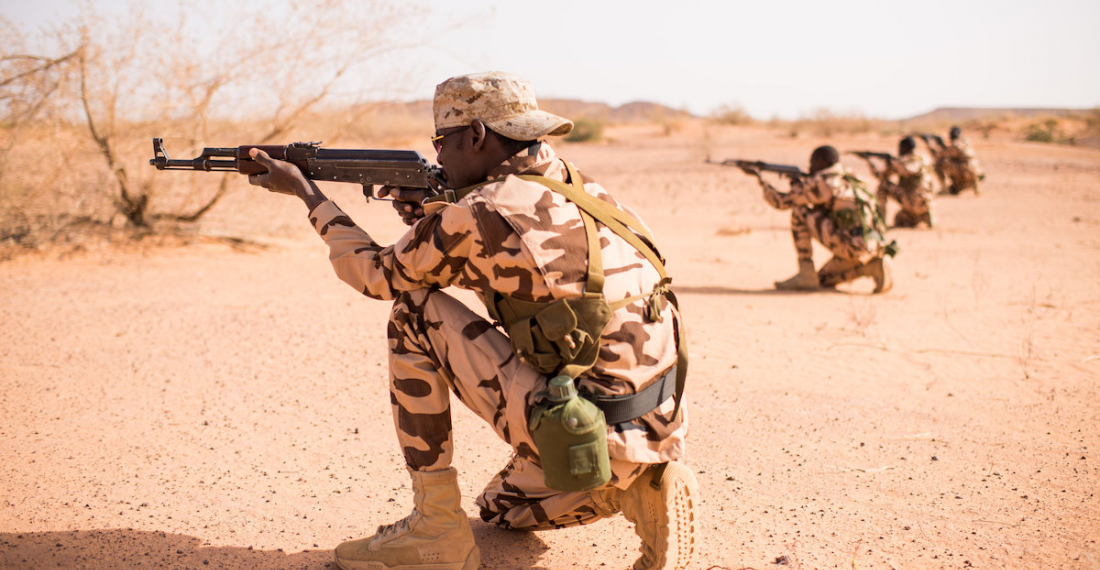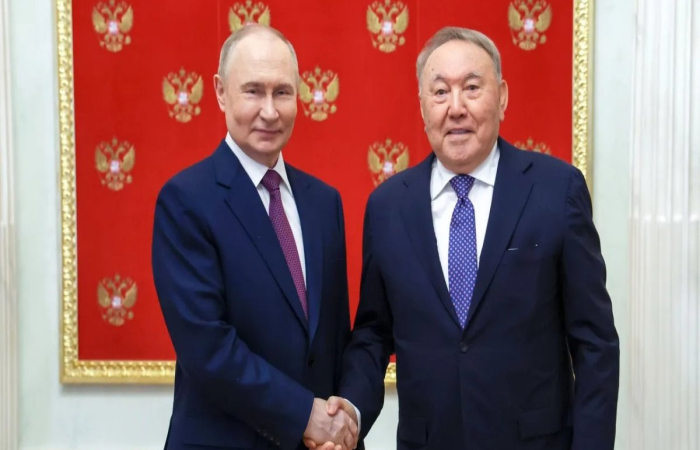On Tuesday (22 June), two civilians were killed in Niger in an attack against Fantio village, in the western region of Tillabéri, in the area known as the three borders zone between Niger, Burkina Faso and Mali. Earlier that day, the army repelled an attack by the jihadist group Boko Haram, killing three assailants in Bosso, in the south-east.
The victims were a school principal and a retired education inspector. This represents the second attack on those from the education sector in the Sahel region in less than a week, following an attack on a girls’ university in north-west Nigeria last Thursday (17 June).
Cattle were carried away by the attackers who came on motorcycles, africanews reports, explaining that the victims were "surprised in their sleep".
“As the soldiers now completely cover the area”, the suspected jihadists “no longer attack en masse: they operate in very small groups”, explained a local elected official to africanews.
On 12 May 2021, five people were killed and two others seriously injured in the same village of Fantio. This rural commune is located in the Téra department of the Tillabéri region, where a contingent of 1200 Chadian soldiers were deployed in April to fight against jihadist groups as part of the G5 Sahel force, comprised of forces from Mali, Niger, Mauritania, Chad and Burkina Faso.






